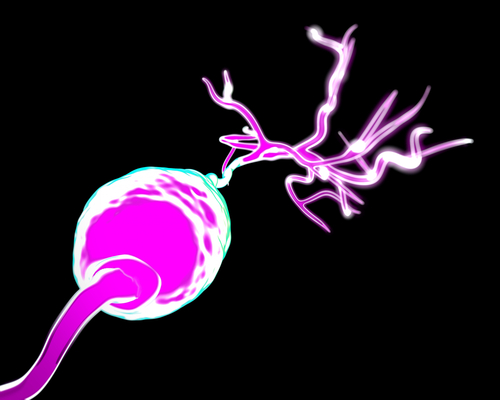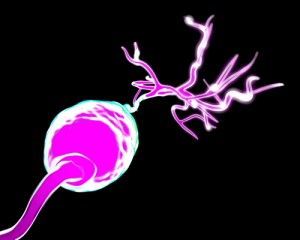Experimental Multiple Sclerosis Drug Effectively Induces Remyelination in Pre-clinical Study
Written by |

 In a poster session at the Annual meeting of the Society for Neuroscience in Washington, ENDECE Neural presented pre-clinical results showing their lead drug – NDC-1308 – induces remyelination in mouse models of demyelination disease, such as Multiple Sclerosis.
In a poster session at the Annual meeting of the Society for Neuroscience in Washington, ENDECE Neural presented pre-clinical results showing their lead drug – NDC-1308 – induces remyelination in mouse models of demyelination disease, such as Multiple Sclerosis.
Loss of myelin is the main characteristic of a group of diseases, including Multiple Sclerosis, a chronic autoimmune disease in which patients’ own immune systems attacks the central nervous system, specifically the myelin sheath, a component of nerve fibers. The degradation of myelin leads to progressive paralysis. While in the beginning stage of relapsing-remitting MS (RRMS) symptoms are sporadic, symptoms worsen over time, leading to secondary progressive MS (SPMS).
The authors reported that NDC-1308 induced remyelination in the brain of a cuprizone mouse model (cuprizone is a neurotoxicant that causes rapid demyelination). Additionally, when administered as a prophylactic to mice with experimental autoimmune encephalomyelitis (EAE), an established model for human multiple sclerosis, NDC-1308 delayed multiple sclerosis symptoms and exhibited neuroprotective activity.
The study was presented by Steven H. Nye Ph.D. Vice President of Discovery at ENDECE Neural that commented, “We continue to be encouraged by the reproducible pre-clinical data generated for NDC-1308. In addition to our previous knowledge of its mechanism of action, we now conclusively demonstrate the ability of NDC-1308 to repair the damaged myelin sheath in a cuprizone mouse model of demyelination. The grip-strength findings are especially encouraging as this test may be translated to the clinic for measuring functional improvement in MS patients. We look forward to initiating clinical trials of this promising compound.”
[adrotate group=”4″]
James G. Yarger Ph.D. Chief Executive Officer of ENDECE Neural added, “All research to date indicates that NDC-1308 is ready to advance to IND-enabling and clinical studies. The IND-enabling program has been designed to determine the safety and toxicity of NDC-1308 and appropriate starting doses for initiating Phase 1 study in humans. We look forward to continuing the momentum from the pre-clinical studies as we enter the clinic with NDC-1308.” This news is vital to the progress of treating MS, since remyelination is believed to be the best approach to reversing the effects of the disease.
As a result, ENDECE Neural announced further studies with NDC-1308, specifically, a non-clinical investigational new drug (IND) study and a Phase 1 clinical trial to be initiated in 2015.


